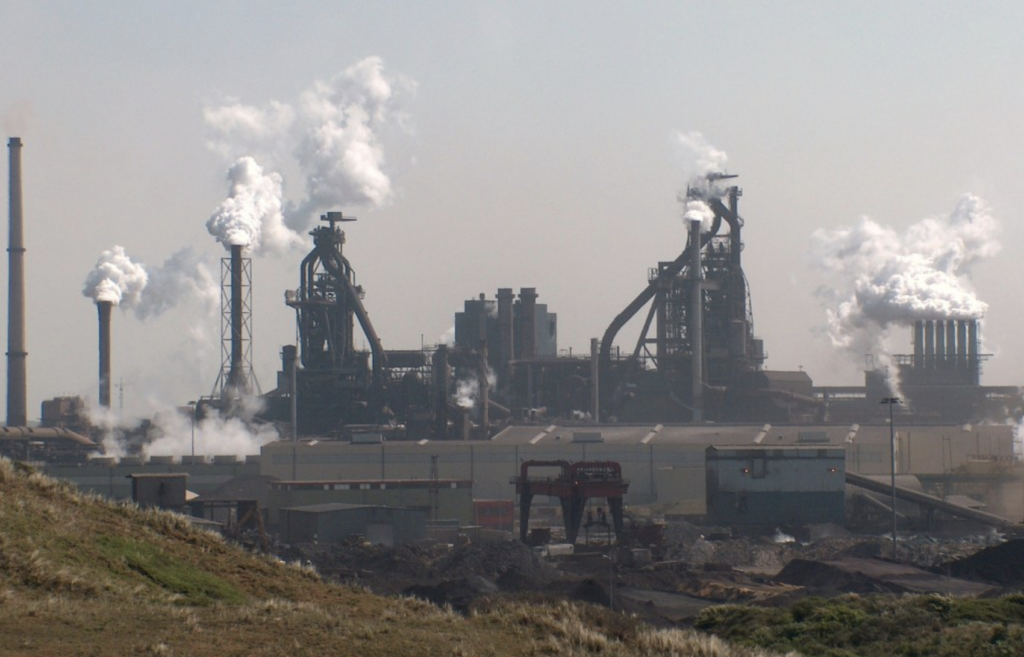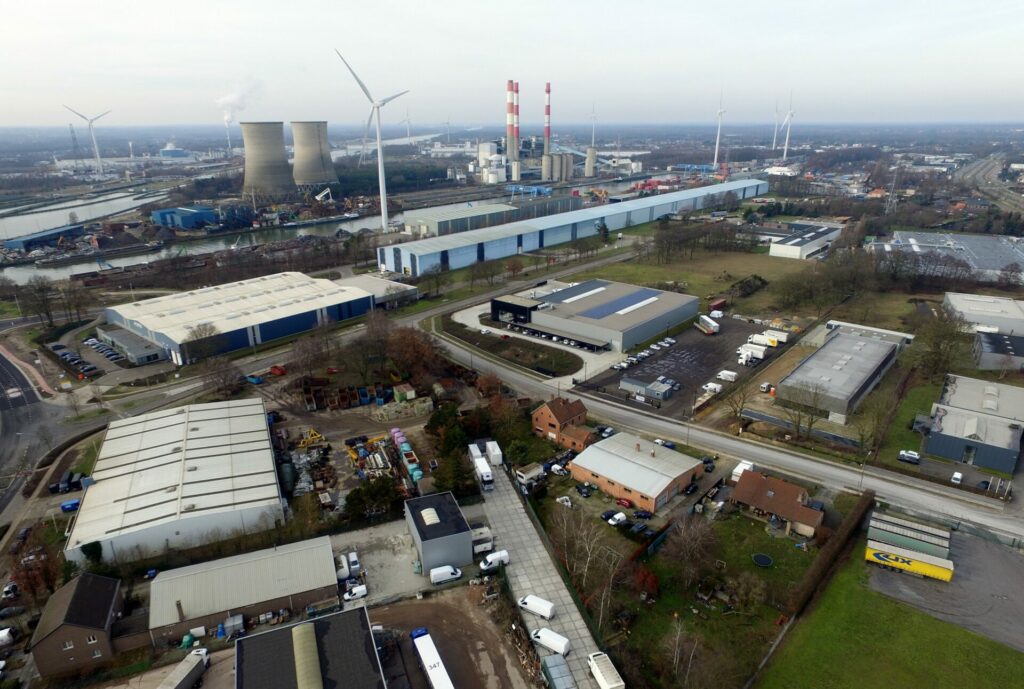On Sunday the EU came to an agreement to step up the Emissions Trading Scheme (ETS) in a move that will oblige European citizens and companies to pay more often for the CO2 they emit.
The reform is part of the EU's flagship "Fit for 55" package, which aims to help and encourage Member States to reduce their greenhouse gas emissions by 55% from 1990 levels by 2030 and become climate neutral by 2050. The changes will affect various civil and commercial sectors, with the addition of a new social energy fund will cushion the impact of the energy transition on consumers.
First proposed by the European Commission in July 2021, the changes have received significant scrutiny, and criticism, from negotiators in all affected areas. When implemented, the changes will increase the cost of "green permits" within the ETS system with the aim of incentivising less carbon intensive industrial practices and consumer behaviours.
Doubling-down on industry
Already, energy-intensive industries (such as steel or cement producers) as well as suppliers of energy derived from fossil fuels must buy "pollution permits" to offset the greenhouse gas emissions from their business. This current ETS system has been in place since 2005; the number of permits allocated to each Member State will now be reduced more sharply and their cost will rise.
This will make polluting considerably more expensive for industries, driving them to seek more environmentally-friendly methods. MEP Pascal Canfin (Renew) welcomed the changes, explaining that the cost of CO2 will now be €100/tonne for industries. He hailed this as an ambitious step.

A steel mill in the Netherlands; vital to many industries, steel has a highly-polluting production process. Credit: Wikimedia Commons
Between now and 2026 there will be an adjustment period, giving industries time to develop greener practices. Thereafter, polluting will get much more pricey.
Free allowances dropped
Member States have until now had a predefined number of free quotas that they can grant to their most valuable industries. These will be phased out with almost half (48.5%) of the "pollution permits" dropped by 2030 and the allowances abolished completely by 2034.
Somewhat contradictorily, a support package will be provided to the EU's most important polluters in order to prevent them being uncompetitative on the global market. Environmental groups have disparaged this decision which will essentially allow many industries to continue their carbon-heavy habits without making significant steps towards greener methods.
Pushing consumers
The most major change announced is that consumers will now also be affected and will see the ETS system apply to them, which was not previously the case. This will notably be done through additional charges for heating homes or running vehicles.
This will effectively push up the prices of fossil fuels – whether for domestic or transport applications – obliging individuals to seek less polluting behaviours.
Related News
- Belgians borrow en masse in rush for energy-saving renovations
- COP27: The way forward for the EU after the climate change conference
These carbon charges will come into force in 2027 but will be capped at €45/tonne of CO2 until 2030 in an effort to prevent households from being crippled by yet another financial burden.
Furthermore, a social climate fund of around €86.7 billion will be created to cover additional consumer expenses, such as rising heating costs. This will be funded partly by revenues from emissions trading and partly by Member States.
The agreement must still be confirmed by the European Parliament and Member States, but that is considered a formality.

